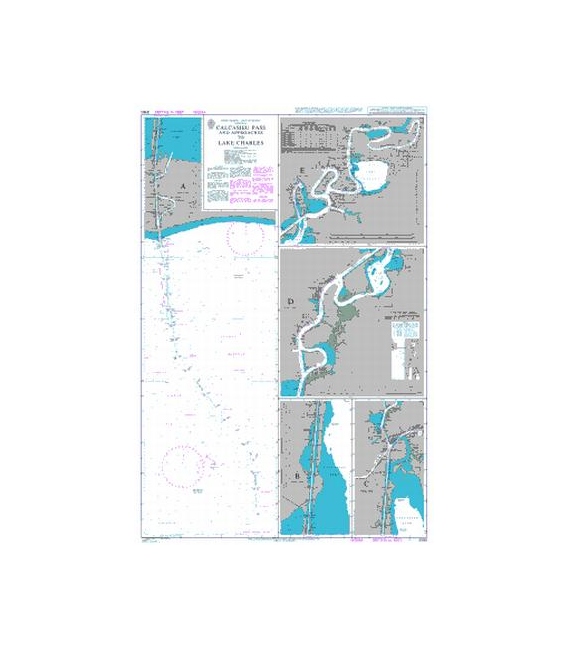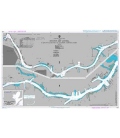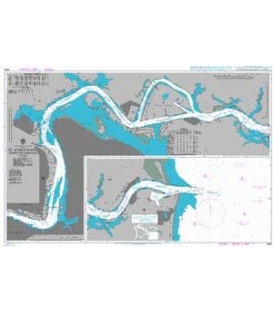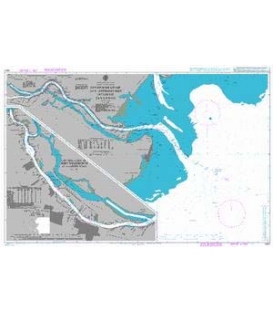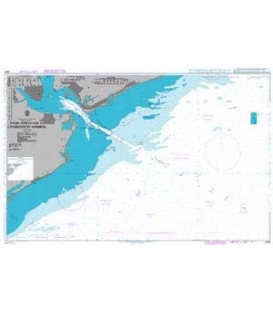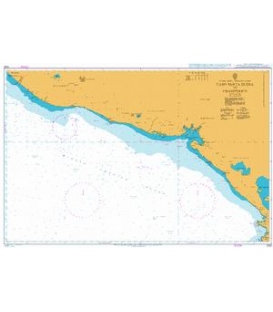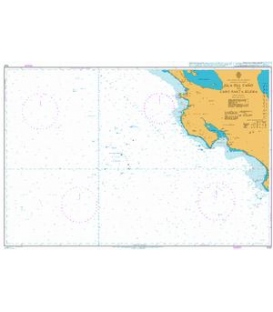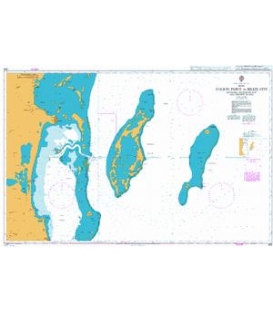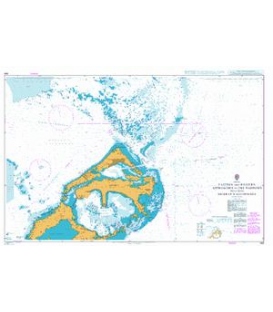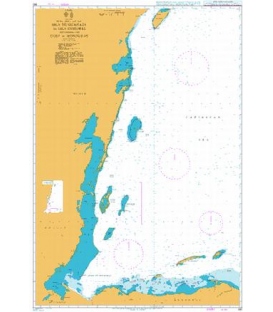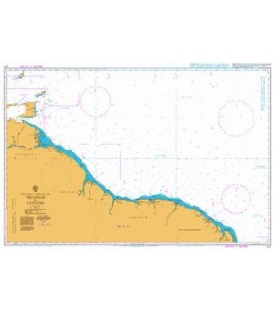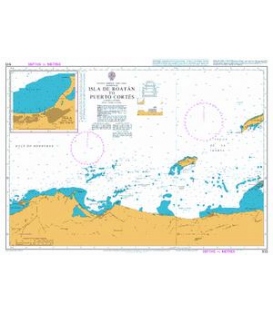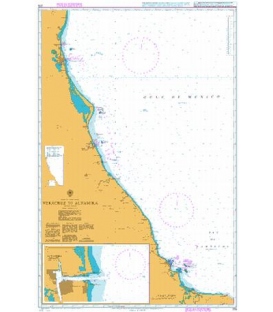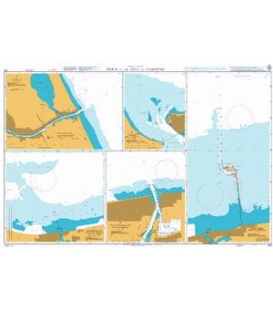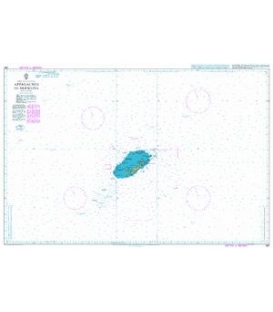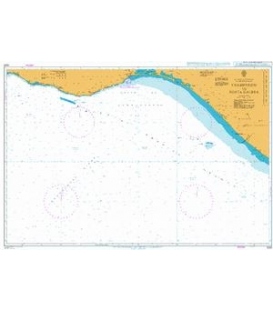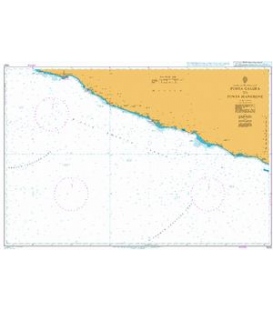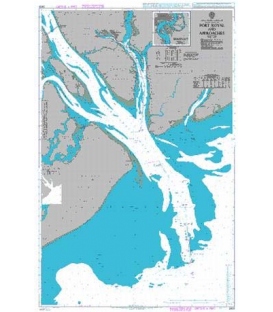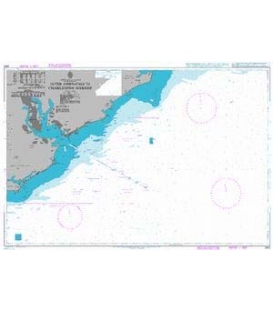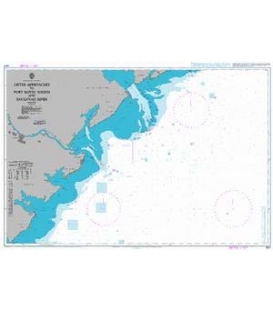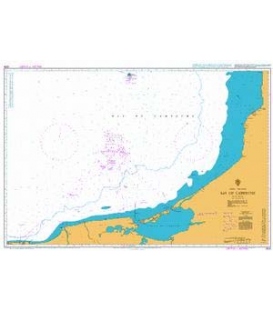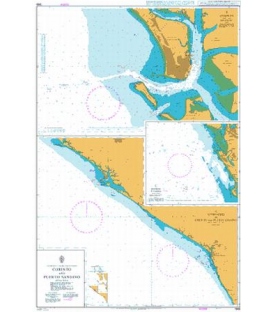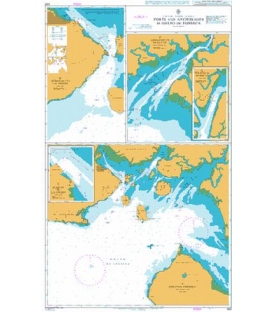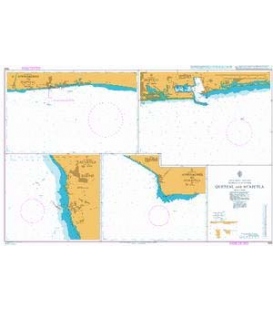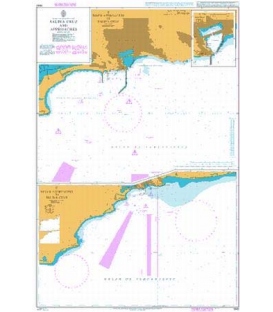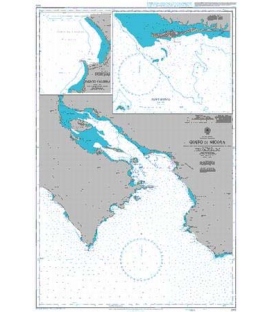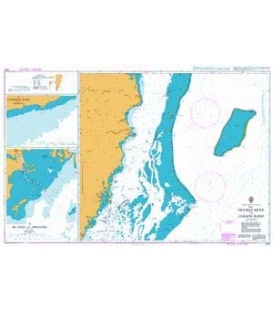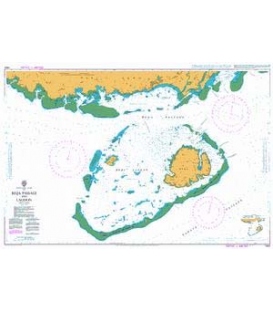

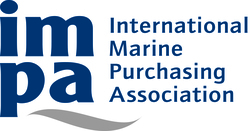
Sign up for our Newsletter
British Admiralty Nautical Chart 3190 Calcasieu Pass and Approaches to Lake Charles
is corrected up to date. Admiralty standard nautical charts comply with Safety of Life at Sea (SOLAS) regulations and are ideal for professional, commercial and recreational use. Charts within the series consist of a range of scales, useful for passage planning, ocean crossings, coastal navigation and entering port. Mariners should always use the largest scale nautical chart appropriate to their needs. In particularly busy seaways such as the English Channel, Gulf of Suez and the Malacca and Singapore Straits, the standard nautical charts are supplemented by mariners routeing guides which provide advice on route planning in these complex areas.
Chart 3190
Main Chart Details
- Chart Title: Calcasieu Pass and Approaches to Lake Charles
- Publication Date: 24/05/1996
- Latest Edition date: 16/01/2020
- Chart Size: 670 x 1000 (mm)
Chart Panel Details
- Panel Name A
- Natural Scale 50000
- North Limit 29 53'.10N
- East Limit 93 11'.96W
- South Limit 29 26'.03N
- West Limit 93 21'.70W
- Panel Name B
- Natural Scale 50000
- North Limit 30 00'.56N
- East Limit 93 17'.59W
- South Limit 29 51'.90N
- West Limit 93 22'.75W
- Panel Name C
- Natural Scale 50000
- North Limit 30 08'.51N
- East Limit 93 16'.93W
- South Limit 29 59'.85N
- West Limit 93 22'.10W
- Panel Name D
- Natural Scale 25000
- North Limit 30 12'.00N
- East Limit 93 15'.30W
- South Limit 30 07'.21N
- West Limit 93 20'.65W
- Panel Name E
- Natural Scale 25000
- North Limit 30 15'.55N
- East Limit 93 12'.00W
- South Limit 30 11'.44N
- West Limit 93 17'.36W
Co-ordinates given are usually those of the four extremities of the chart. In many cases not all the area within will be fully charted*.Customers should check that the chart meets their requirements by viewing the chart image (where available).Mariners should always use the largest scale navigational chart available.
*Reasons may include
- Continuation of coverage of a small part outside the main area of chart coverage e.g a river.
- Inset plans and the chart title block and notes also take up space, therefore geographical information cannot be shown in this area.
- A need to refer to larger scale of chart, such waters are often "blued out" to avoid excessive maintenance work applying numerous NM corrections to an area of the small scale chart where the navigator will be using a larger scale chart.
- Coverage is better served from a different chart because of typical routeings.

